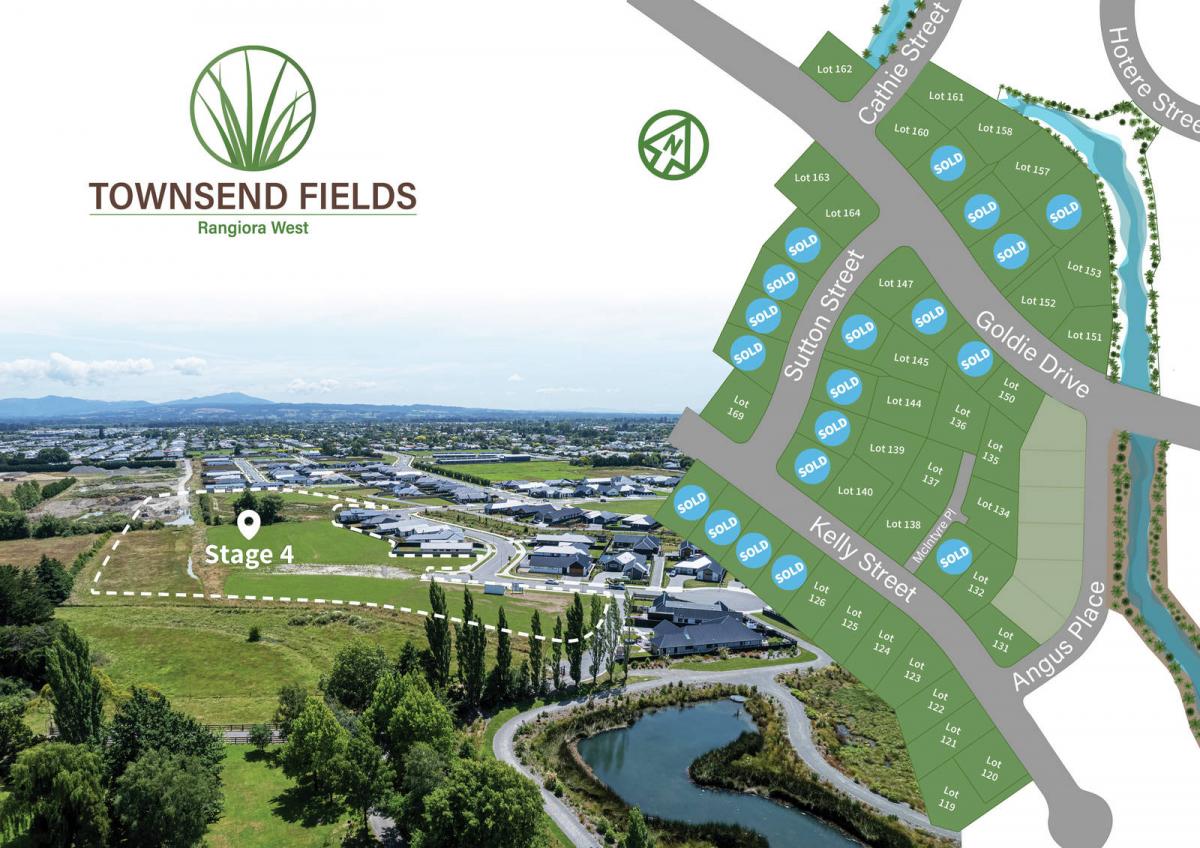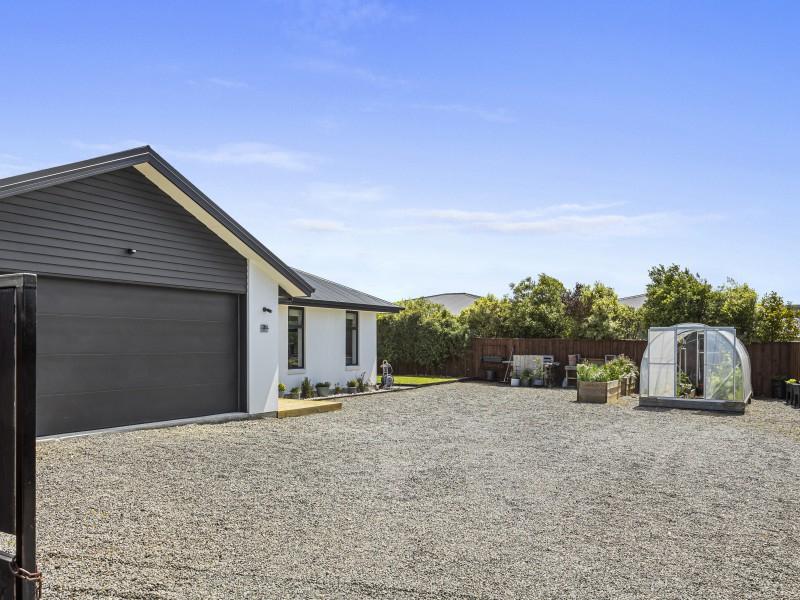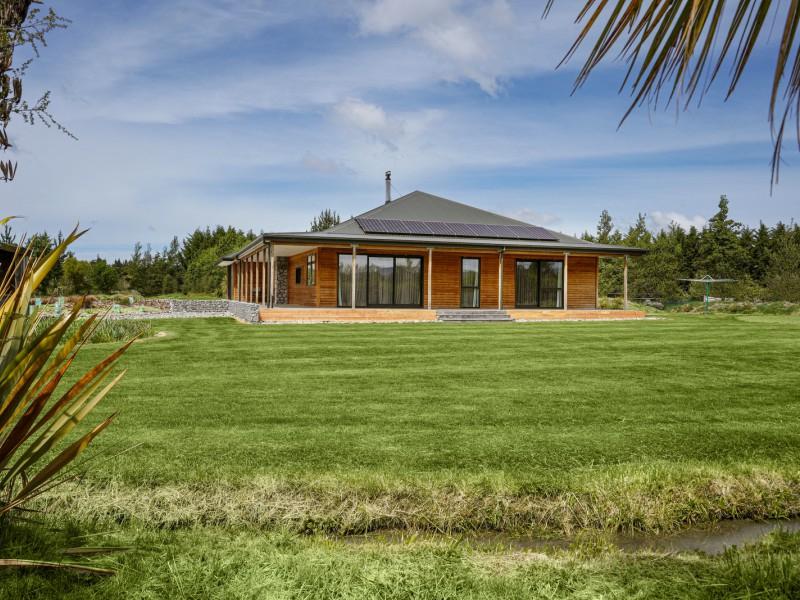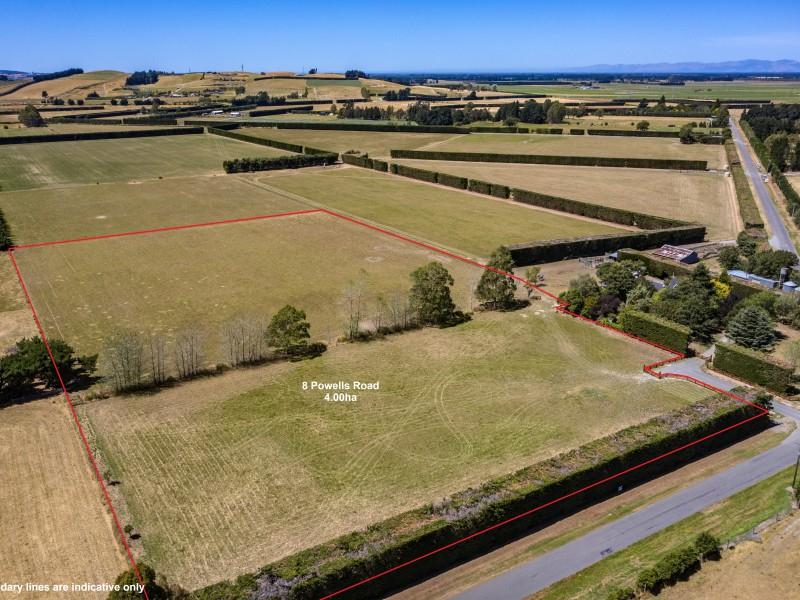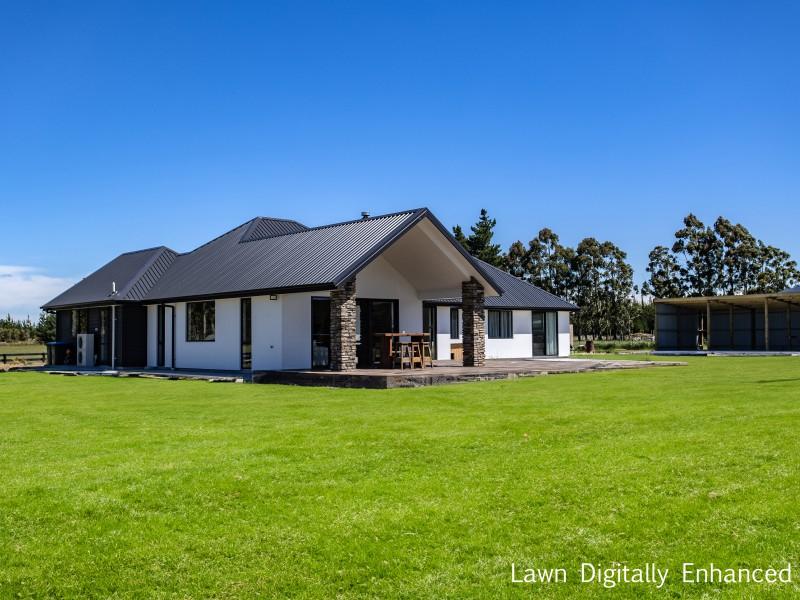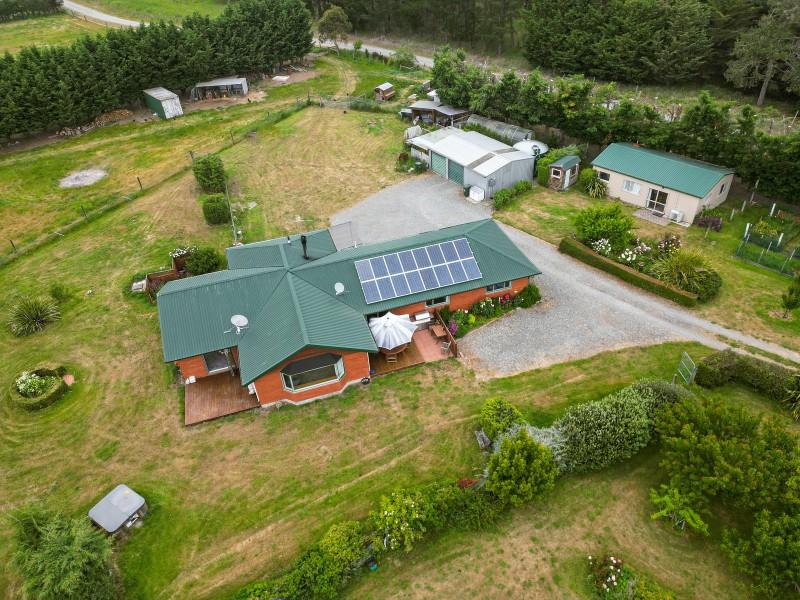Vaping at high school drops after sensors installed
By David Hill, Local Democracy Reporter
A Canterbury high school says vaping use has gone down significantly since vaping sensors were installed a year ago.
Rangiora High School installed sensors with cameras in toilet corridors in August last year in a bid to stamp out increasing problems with vaping and anti-social behaviour.
One year on, acting principal Remihana Emery said it is now ‘‘very rare’’ for the sensors to go off and there are fewer incidents of anti-social behaviour.
‘‘Kids will be kids and try what they try, we were no different.
‘‘It is really about informing our kids about the risks so they can make informed decisions.’’
Emery said the message seemed to be getting through, as most students now understood the risks.
‘‘But we can’t take our foot off the accelerator.’’
The sensors have cameras, which are triggered by the vapour to take a photo.
When students were caught, the school supported them and their parents to help them give up vaping.
Board of trustees presiding member Simon Green said the sensors were expensive, but he is pleased with the outcome.
‘‘The board is really supportive of the initiatives the leadership team is taking and we are pleased the students can now use the toilets for their intended purpose.’’
Rangiora High School has also been part of a pilot programme to use digital technology to help young people give up vaping.
Ignite Aotearoa and oVRcome have joined forces to pilot a virtual reality programme in four secondary schools, including Shirley Intermediate School (Christchurch), Wellington College and Tangaroa College (Auckland).
Young people are given access to clinical desensitisation therapy via a virtual reality headset linked to their smartphones.
Kaiapoi High School chose not to install vaping sensors, but principal Jason Reid said vaping use at school had decreased.
‘‘Since the beginning of the year our vaping stats have gone down to 10 percent of what there used to be.
‘‘A big part of that is being caught.’’
Reid said the school treated vaping as a public health issue and used restorative processes, working with the student and their parents.
‘‘When we have an open discussion around the table with parents they tend to be more honest.
‘‘After all, you don’t have to hide it - you’ve been caught.
‘‘There are still consequences, especially if they are repeat offenders, but the aim is to remove the harmful behaviour.’’
Reid said the focus was on supporting students to give up vaping.
There had been some push back from students who said they didn’t want to quit, but it had more to do with addiction, he said.
Vaping, like smoking, is banned in schools, but it is proving to be addictive, which leads to anxiety, increased impulses and irritation as students crave their next hit.
Not enough is known about the long term health impacts of vaping, Reid said.
Families could get support from their GP and their were resources on the Smokefree NZ website.
■ LDR is local body journalism co-funded by RNZ and NZ On Air.
Worst Xmas ever?
There's a a lot of planning that goes into Christmas day and sometimes things just don't go to plan. But it can be a good thing - a family mishap or hilarious memory that you can laugh about in Christmases to come.
Whether you burnt the dinner or were stranded at an airport...
Share your Christmas mishaps below!

Suellen’s sweet Christmas tradition
The festive season is always a great excuse to indulge your sweet tooth, and this time of year poses the perfect opportunity to bring a real showstopper to the Christmas table.
For Suellen’s family, that showstopper is Croquembouche, an impressive tower of cream puffs bound together with spun sugar that is popular at weddings in France and Italy.
What began as a birthday treat at a local French café has become a cherished Christmas tradition for Suellen and her 17-year-old twin granddaughters, Ellie and Sadie. Every year, the trio gather in Suellen’s apartment at William Sanders Village to cook this festive dessert - a holiday highlight they all treasure.
Click read more for the recipe.

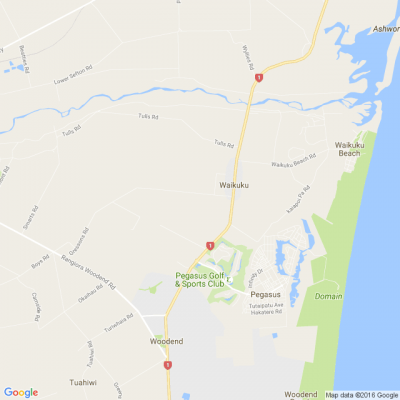
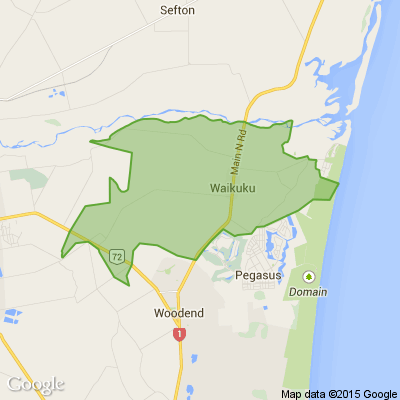






 Loading…
Loading…